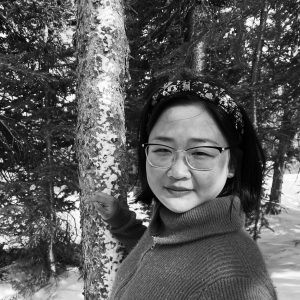person
Enna Chen

Enna Chen (she/they) is a first-year PhD student at the Stanford Life-Span Development Laboratory in the Department of Psychology. She is advised by Professor Laura L. Carstensen. Broadly speaking, Enna’s research interests include aging, prosocial behavior, emotion, and intergenerational relationships. With the generous support from Stanford PACS, Enna is excited to explore strategies based on research about motivation and aging that encourage philanthropic giving among adults across the lifespan.
